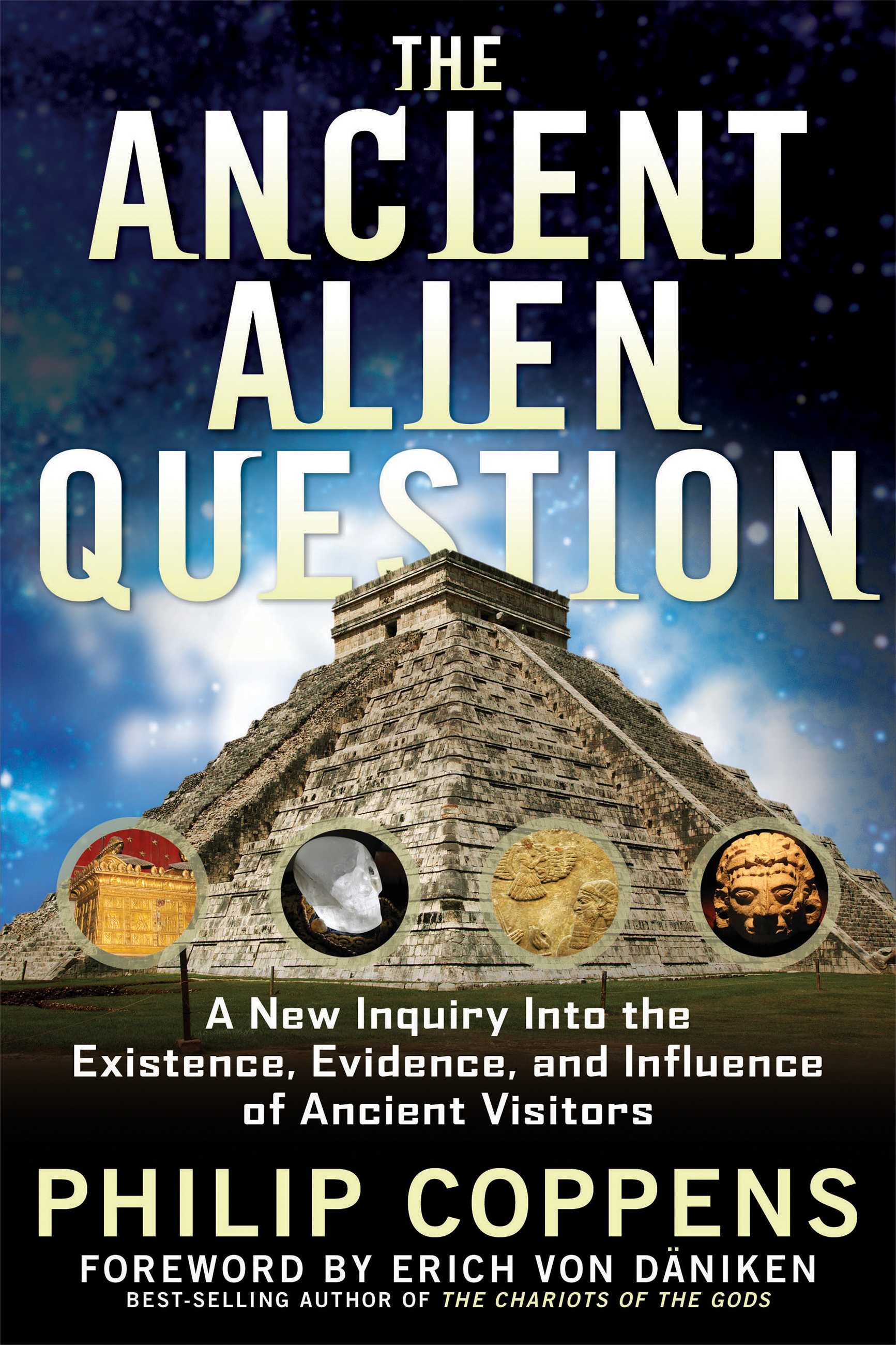
- Browse Category
Subjects
 We Begin at the EndLearn More
We Begin at the EndLearn More - Choice Picks
- Top 100 Free Books
- Blog
- Recently Added
- Submit your eBook
password reset instructions

Catastrophes are part of Earth's real history. Its grim disasters, acting as a backdrop against which human dramas have been played out, have been recorded in many ancient writings. As Milne shows, doomsday catastrophism, once the prerogative of 18th-century geologists steeped in the Biblical memory of the Great Flood, has now regained respectability. Catastrophism applies to many disciplines such as planetary science, biology, climatology, and evolutionary theory. The universe itself, we now believe, is a product of a giant cosmic catastrophe. Indeed life itself may have arisen when the moon may have crystallized out of a crashing mini-planet that enabled organisms to emerge into tidal pools.
Floods and natural disasters seem to be on the increase everywhere and are no longer just a Third World problem. The fear of climatic disturbances are the source of regular international conferences, and it is seriously suggested that the U.S. military shoot down plummeting comets before they destroy civilization, as they once destroyed the dinosaurs. Milne provides a contemporary look at catastrophism in its scientific and in its disastrous earth-shattering sense. Within one volume a wide range of up-to-date scientific facts and concepts are examined. Milne gives readers interested in scientific controversies, contemporary affairs and environmental issues an important document that chronicles the end of a turbulent and disturbing 2,000 years.
Less- File size
- Print pages
- Publisher
- Publication date
- ISBN
- 9.56x6.44x0.9inches
- 208
- Praeger Publishers
- January 1, 2000
- 9780275967475




























